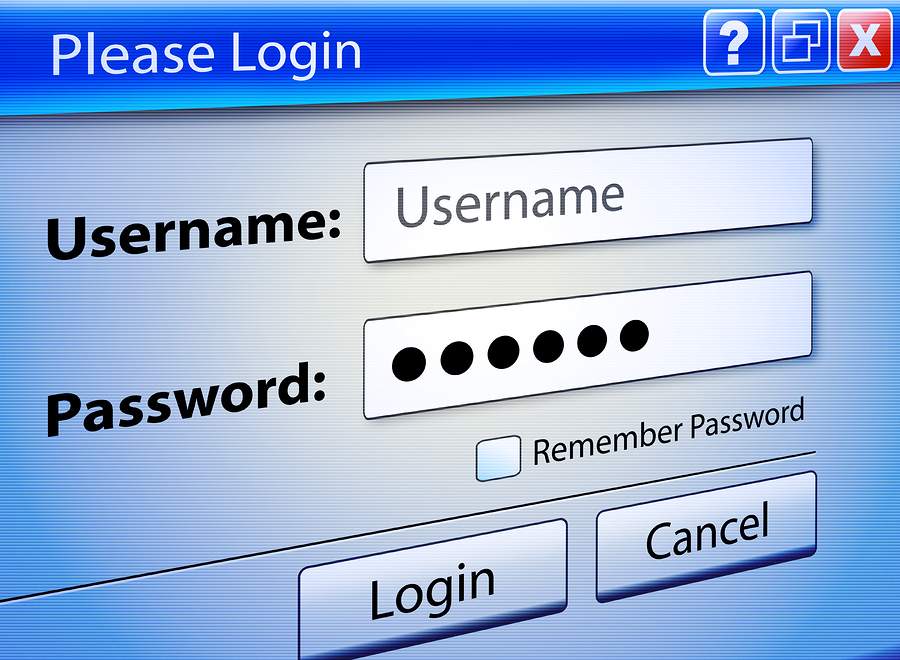Staying safe on the Internet
The internet is one of the most amazing inventions of our time, offering us wonderful ways to communicate, find important information and tap into an endless supply of entertainment. That said, the web is also a place where you need to protect yourself from unscrupulous individuals.
Online, you need to watch out for the potential of both virtual and real threats, but there are a few easy ways to do so. Staying safe on the web means paying attention to the kind of personal information you share online, the type of sites you visit and the way you conduct yourself – find out how to browse safely and enjoy your time online.
Ways to improve your online security
One of the most important things you can do when it comes to staying safe on the web is making sure that your passwords are unique and secure. Once someone can get into your password-protected information, they are able to find out all kinds of details about you and this puts you at a high risk of fraud. Google has some great password advice for helping you make sure you have a good line of defence against cyber criminals.
You also need to educate yourself on the types of risks you might face online, as this is the best way to avoid potential mistakes. Get Safe Online is a very good site for this, as it runs features on specific cons and fraudsters and gives you the chance to see details of potential threats for yourself. It also has handy hints for all kinds of devices, from desktop computers to tablets and mobile phones, which is great if you tend to browse on the go. As the government’s preferred online security channel, Get Safe Online is a very comprehensive and valuable resource.
Having fun online without worrying
If you follow a few golden rules when you’re online, you should be able to enjoy browsing without worrying. For a start, always be careful when it comes to sharing your personal details on social media sites – you don’t need to let any potential burglars know when you’ll be on holiday and your house will be empty, for example. You should also avoid making ‘friends’ with people you don’t know and never open email attachments from people you don’t recognise. The Metropolitan Police have a handy Safe site with many more handy tips for staying safe.
Another site that has lots of useful advice is Stay Safe Online, which is run by the National Cyber Safety Alliance. As well as featuring some timeless tips for keeping your computer safe from cyber attacks, it also posts regular blogs and news articles to keep you up to date with potential threats. Cheshire East Council has also put together a useful list of internet do’s and don’ts that can help you stay vigilant and safe online.
By paying attention to what you’re doing and saying while you’re online and by learning about warning signs to watch out for, you can enjoy the internet to its fullest without having to worry.
Latest posts by Sally - Silversurfer's Editor (see all)
- 10 tips to make perfect sausage rolls at home - December 3, 2024
- Time to make your opinions count! - December 3, 2024
- Dairy Diary Tear & Share Mincemeat Swirls - December 1, 2024
- Win ONE of THREE signed copies of David Hamilton’s Long and Winding Road - December 1, 2024
- Win a CleverChef 14 in 1 Multi-Function Cooker by Drew&Cole - December 1, 2024





















